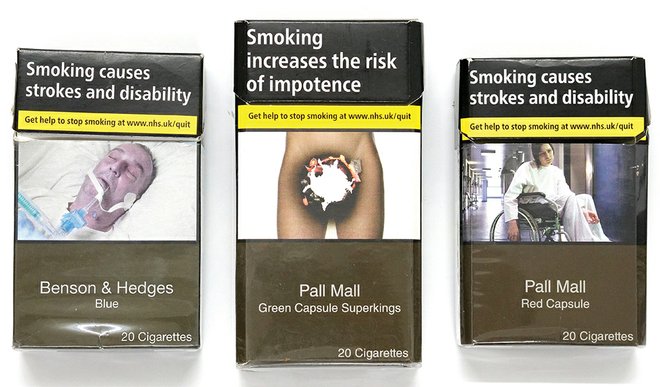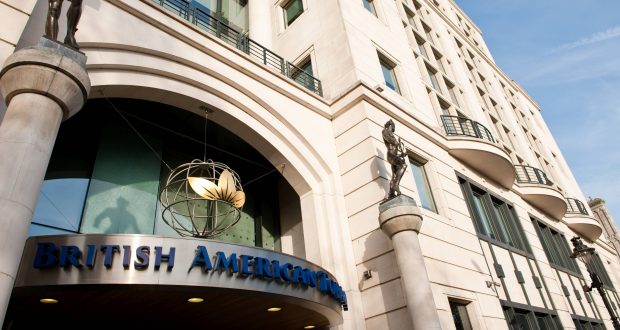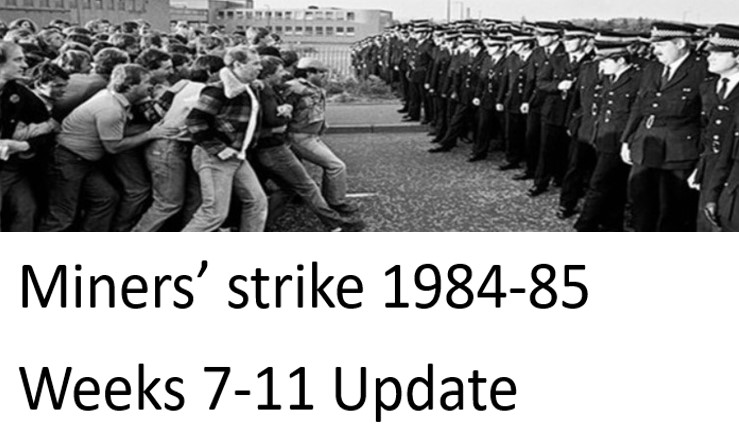Mark Langabeer (Hastings and Rye CLP) reviews a recent BBC Panorama documentary – here
Panorama’s investigative reporter, Richard Bilton, spills the beans on the activities of British American Tobacco. BAT is the eighth largest company in the UK and is described as a blue-chip business. Laughably, it describes itself as an ethical company. Panorama exposes the lengths that they go to, in order to see off rival companies.
Bilton visits the rural heartland of South Africa, where one company dominates. 90% of all the tobacco crop is sold to BAT. It’s one of BAT’S most important markets and resorts to all kinds of chicanery, to preserve its dominance. Between 2000 and 2016, it employed a company called Forensic Security Services to spy on competitors and close down rivals.
Destroy competitors
Bilton claims that at least a dozen insiders stated that it was their job to destroy competitors. Under the guise of reporting illegal practices, they would inform enforcement agencies, with the aim of detaining stocks by rival companies. Bilton states that no prosecutions were ever made and that it was done simply to close down rivals.
Payments to informants were made via credit cards in order to avoid detection which, according to Bilton, broke UK law. Customs officers were also offered bribes. In neighbouring Zimbabwe, BAT spies were caught and were facing imprisonment. Bilton believes that ZANU PF party, led by Robert Mugabe, were handed $300,000 for their release. Bilton states that BAT would stop at nothing to undermine its rivals.
Merchants of death

Although the programme exposes the real character of this so-called ‘blue-chip’ company, it offers little in the way of solutions. Industrial espionage is commonplace and is rooted in the belief that private ownership and competition is all to the good. BAT is regarded as a good company because it makes handsome profits. But we all know that smoking fags damage health, and the likes of BAT should be regarded as the merchants of death.
During the 70s, I worked for a company that sold cigarette-making machines to BAT and others. At that time, it also had a 25% stake in the company. There was one occasion, when management invited the union shop stewards/ staff representatives to a meeting to inform staff about their plans for the future (buffet service included). I recall a chart which forecast a gradual decline in smoking in the western world.
Silver lining?
However, the silver lining for these characters was a forecast that smoking fags in the East and third world would increase. The issue of diversification into other engineering products was raised. Management believed that staying with ‘what we know best’ was the right policy. I took that to mean investment in other products would be risky, and sticking with cigarette machinery was a safer bet.
In my view, BAT and its main rival, Imperial Group, should be nationalised and the profits could be used to improve, among other things, health care. It would also mean a plan could be made to cease production of tobacco and diversify production into socially useful commodities. Although this would be a gradual process, due to the highly addictive nature of tobacco, that should be society’s ultimate aim.



